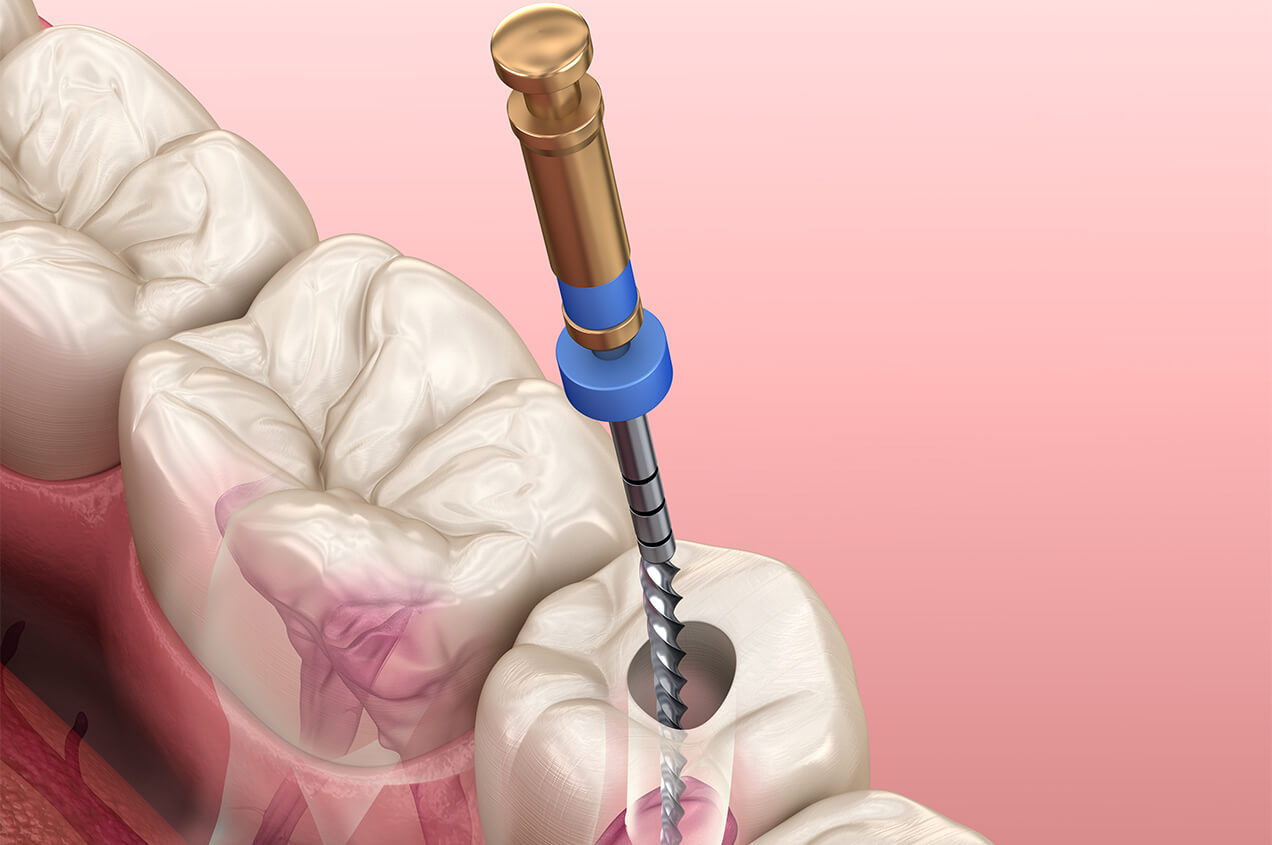
02
Aug
Pain and Other Symptoms That May Indicate You Need a Root Canal

Root canal care is a dental procedure that treats infected teeth due to deep decay and sometimes trauma. We can save the natural tooth structure by removing the bacteria and infected material and sealing the inside of the tooth to prevent future infections. At Pleasant Dental® in Dolton, Illinois, we have performed many root canal procedures to help eliminate pain and prevent the need for extractions. While the only way to truly know if you need root canal treatment is by visiting the dentist, there are some symptoms that you can watch out for.
Pain
Constant pain is often the number one sign that you may need a root canal. It can be a pain that bothers you consistently or one that comes and goes but never entirely goes away. The pain may be centralized in the tooth, but it can sometimes be felt in the jaw, face, or surrounding teeth. Tooth pain can also be a symptom of other oral health issues, so it’s always a good idea to have it evaluated by a dentist.
Tooth Discoloration
Infected dental pulp can cause a tooth to appear gray or black due to trauma or damage to the tissues within the tooth. If you notice a tooth that has changed color, it should be checked out by the dentist.
Tooth Sensitivity
Pain or sensitivity while consuming hot or cold items can be a sign of infection or damage to the nerves. The pain may be a dull ache or can feel sharp and stabbing and persist even after you finish eating or drinking.
Swollen Gums
Inflamed or swollen gums around a tooth can be an indicator of infection. The swelling may or may not be painful to the touch. You may also notice a small bump on the gum tissue that looks like a pimple, called an abscess. This abscess can ooze, which can lead to foul breath and a bad taste in the mouth.
Broken or Cracked Tooth
If a tooth cracks or breaks due to trauma or biting on something hard, bacteria can attack the dental pulp and cause inflammation and infection. Even an injury to the tooth that does not result in a fracture can still lead to nerve damage, requiring root canal treatment.
The Root Canal Procedure
While root canal treatments have a reputation for being a painful or scary procedure, the reality is that they are very similar to a traditional filling and can be performed under local anesthetic often with little if any discomfort.
Before the root canal procedure, you may be prescribed antibiotics to treat any infection and reduce pain. The procedure itself begins with the numbing of the mouth to ensure that you are comfortable. The dentist will clean and disinfect the tooth, and then seal everything to prevent future issues.s. Because a tooth treated with root canal therapy can be weak, it will often be covered with a dental crown to preserve strength and functionality.
If You’re Experiencing Symptoms of an Infected Tooth, Please Give Us a Call
Infected teeth can cause many uncomfortable symptoms if left untreated. If you notice pain, swelling, or any other symptoms, it’s important to seek dental care as soon as possible for diagnosis and treatment. If you are in the Dolton, Illinois area, call Pleasant Dental® at (708) 576-1900.

Dr. Dean Dietrich – Pleasant Dental®
Dr. Dean Dietrich founded Pleasant Dental® with the vision of serving his community by providing high-value comfortable care. Dr. D. has over 30 years of expertise and continues to be very passionate about his work. He and team enjoy caring for fearful patients and providing care in a unique upbeat, even fun way.




